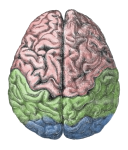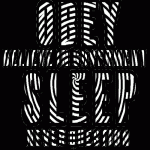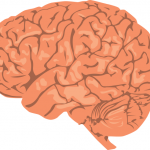
from Science Daily
ScienceDaily (June 20, 2012) — The human brain can recognize thousands of different objects, but neuroscientists have long grappled with how the brain organizes object representation; in other words, how the brain perceives and identifies different objects. Now researchers at the MIT Computer Science and Artificial Intelligence Lab (CSAIL) and the MIT Department of Brain and Cognitive Sciences have discovered that the brain organizes objects based on their physical size, with a specific region of the brain reserved for recognizing large objects and another reserved for small objects.
Their findings, to be published in the June 21 issue of Neuron, could have major implications for fields like robotics, and could lead to a greater understanding of how the brain organizes and maps information. . . . Read Complete Report








